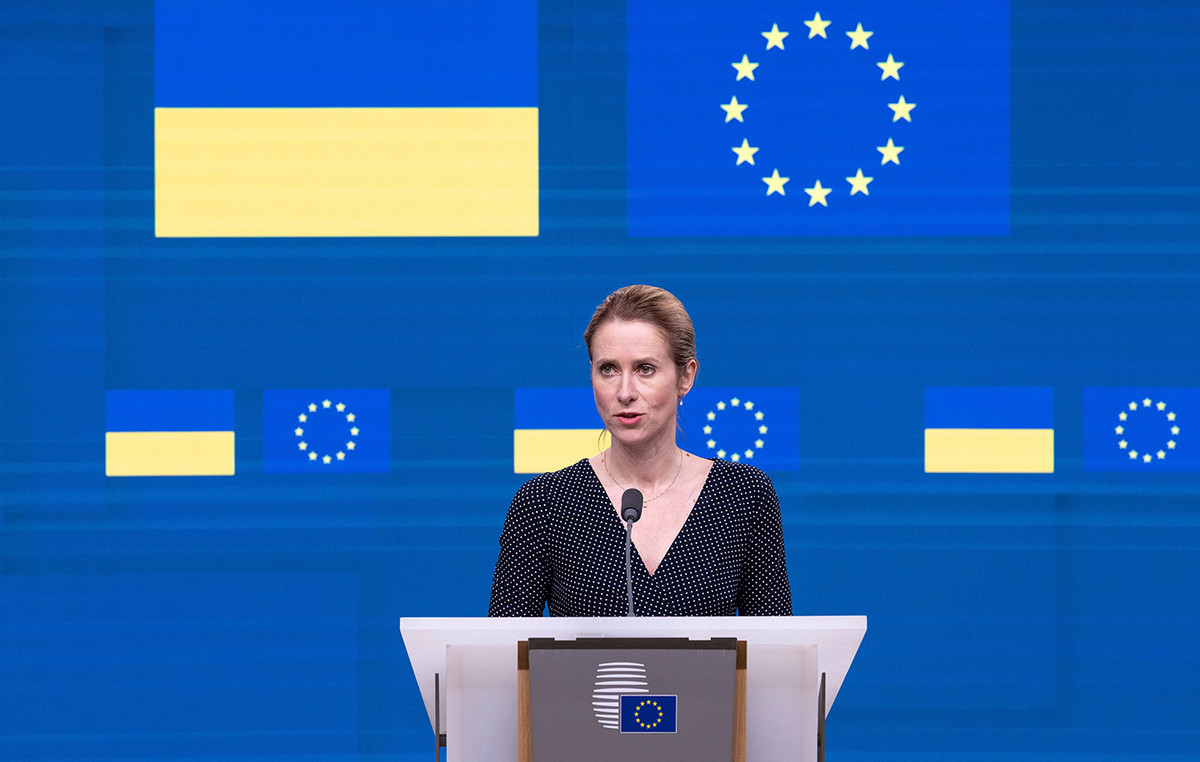The current French leader, Emmanuel Macronand the far-right candidate Marine Le Pen will decide the election race for the presidency of France in the second round. After a first day of voting marked by the low participation of the French, the candidates face each other again in two weeks, on April 24.
According to initial estimates by the Ifop Institute, Macron would have had 28.6% of the votes and Marine Le Pen 24.4%. Preliminary projections by the Ipsos Institute indicate 28.1% for Macron and 23.3% for Le Pen. The far-left candidate, Jean-Luc Mélenchon would have been in third place.
As of 5pm local time, 65% of registered French people had turned out. In the last election, in 2017, the rate was 69%. According to Ipsos, the highest abstention rate since 1965 was recorded in 2002, when 28.4% of voters failed to turn up at the polls.
Now, the main polls indicate that the second round should be fierce: Macron leading with around 51% of the votes and Le Pen with 49% The elected candidate is expected to take office by May 13.
Context
If re-elected, Macron must continue his pro-European Union policies and reform program. Among the proposals for this campaign, the president promised to increase retirement to 65, reforms in unemployment insurance and the labor market, relaunch nuclear reactors, as well as investment in green energy and the goal of achieving carbon neutrality by 2050.
On the other hand, if Marine Le Pen is elected president, France must undergo sudden changes, especially with regard to immigration policy. In her election campaign, the candidate focused on targets related to the purchasing power of the French people – one of the biggest concerns of voters, according to polls.
After the first projections of the second round, French centre-left candidate Anne Hidalgo, who did not qualify for the next round of the presidential election, supported French President Emmanuel Macron for the second round.
“So that France does not fall into the hatred of everyone against everyone, I solemnly ask you to vote on April 24 against the extreme right of Marine Le Pen,” she said.
As for all world leaders over the past two years, the Covid-19 pandemic has been one of the main challenges of his tenure. Before the health crisis, at the beginning of the term, a wave of protests invaded France. The “yellow vests” movement took thousands of people to the streets, triggered by a measure by Macron that raised the price of diesel at the end of 2018.
Despite trying to soften the image of his acronym, known for its nationalist and anti-immigrant politics, Le Pen maintains some emblematic points in his program.
The candidate is known for capturing difficult voters, according to polling expert Emmanuel Riviere. “She always manages to seduce people who are not interested in politics, precisely because she offers them a solution to expressing their anger towards politics.”
Source: CNN Brasil
I’m James Harper, a highly experienced and accomplished news writer for World Stock Market. I have been writing in the Politics section of the website for over five years, providing readers with up-to-date and insightful information about current events in politics. My work is widely read and respected by many industry professionals as well as laymen.







